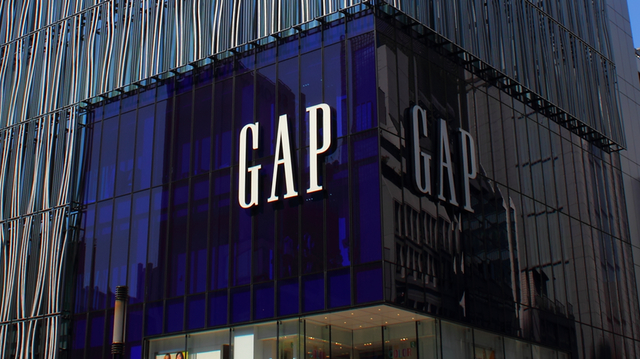by Laurie King, Wells Fargo Asset Management
Non-U.S. markets have attributes that may favor active stock selection versus a passive approach. Olivia Barbee, CFA, managing editor with Wells Fargo Investment Institute, explains why.
Laurie King: I’m Laurie King and you are On the Trading DeskSM. Olivia Barbee welcome!
Olivia Barbee: Thank you Laurie.
Laurie: We’re discussing the subject of an AdvantageVoice® blog that was recently posted by Olivia, managing editor with Wells Fargo Investment Institute, authored earlier in October, actually, that asked the question: Do global markets favor active stock picking? Spoiler Alert—the answer is yes. Is that right Olivia?
Olivia: Thant’s right. According to Zephyr Style Adviser, a performance analysis system, in recent years mutual funds in Morningstar’s foreign large-blend category have often performed better on a trailing three-year basis versus their group index—which is the Morgan Stanley Capital International All Country World Index ex USA Index. That index includes developed and emerging markets stocks. So it’s a wide opportunity set.
Specifically, active managers outperformed in the period following the global financial crisis. The funds maintained their trailing three-year advantage until June 2016, when the index only recently regained favor.
Laurie: What can you tell us about that period of time what was going on globally?
Olivia: Perhaps the better question is: What was not going on?
The period included major events such as the Greek government debt crisis, the banking crisis in Cyprus, the beginning of the conflict in Ukraine—which is still on-going, the collapse in the price of oil and other commodities, a major corruption scandal in Brazil, and a shocking vote of the United Kingdom to exit the European Union.
Laurie: Okay. And for what reasons might active management have performed as they have during that period?
Olivia: For two reasons. One, in an increasingly volatile global environment, active managers adapted their approach to those changing conditions. Two, the large investment universe available to international managers gives them the scope to translate their views into positions that differ from the benchmark, pursuing what’s known as high active share.
Laurie: So, in addition, it may be interesting to hear some reasons why the active approach works.
Olivia: Okay. I would say that when we look at what active managers do, they tend to respond in one of two ways. Some managers attempt to add value through a tactical approach, but, implement it through a well-defined investment process. For example, portfolio manager Dale Winner used to focus on German and Italian industrial companies—looking for those that could benefit from self-help efforts such as restructurings or from political reforms. Lately Winner says. “We are looking at UK exporters which could benefit from the weaker Pound. Other managers focus on broad thematic plays that don’t tend to change, but, that they tailor to changing conditions. So for instance, portfolio mangers Jerry Zhang and Derrick Irwin have maintained a long-term focus on companies that stand to benefit from the emerging middle class in developing countries—especially in China. Within that broad theme, Zhang and Irwin focus on companies that are changing their product suites and distribution networks to adapt to changing consumer tastes.
Laurie: And I think you also said that volatility enhances that. I mean, more likely makes it easier to find those opportunities?
Olivia: Exactly. Volatility causes mispricing.
So when the markets are volatile, they tend to over-react both on the upside and the downside. So, markets over-react to the upside, that gives you a chance to book gains in particular stocks. If they over-react to the downside, that gives you the opportunity to buy securities at a discount. So those two things together—a wide opportunity set and a high amount of volatility both work in favor of active managers. Assuming of course that the active managers have the mandate to pursue a broad opportunity set.
So if you have a situation where managers, for whatever reason, are not allowed to go outside of a very narrow range, in terms of what they invest in, then you’re not going to see those same benefits accrue.
Laurie: Olivia, we have just a moment for a brief key takeaway to conclude this discussion.
Olivia: So, I’ll just say, the ability to take advantage of the full opportunity set across international markets—both developed and emerging—could be an advantage in unusually volatile times. We believe that active managers who take advantage of those opportunities to adapt to changing conditions could have the best chance to outperform.
Laurie: Well, great Olivia. Thank you so much for joining us and we hope to hear from you again!
Olivia: It’s been good talking to you Laurie.
Laurie: Until next time, I’m Laurie King, take care.
Copyright © Wells Fargo Asset Management















